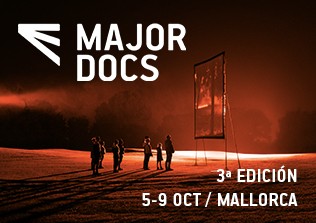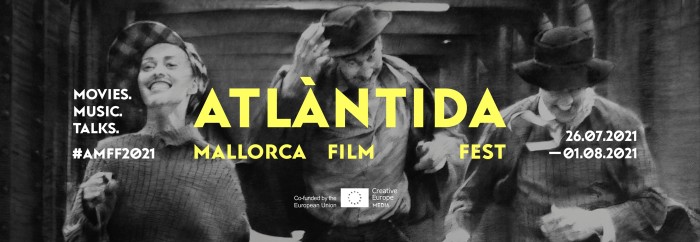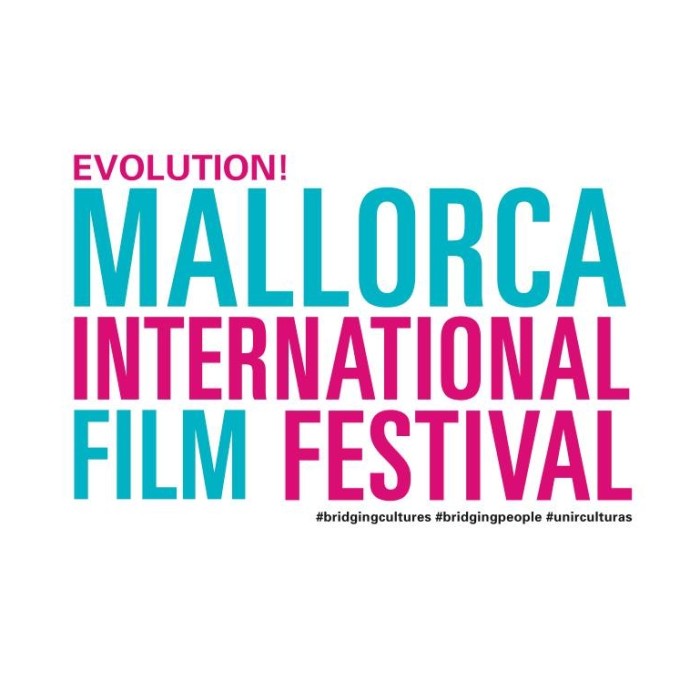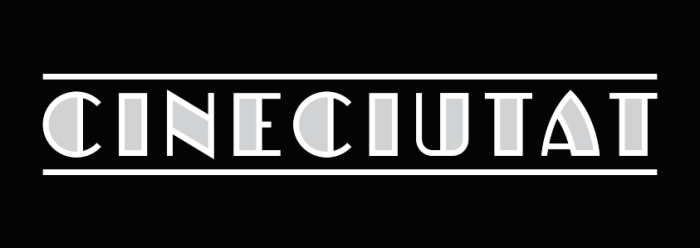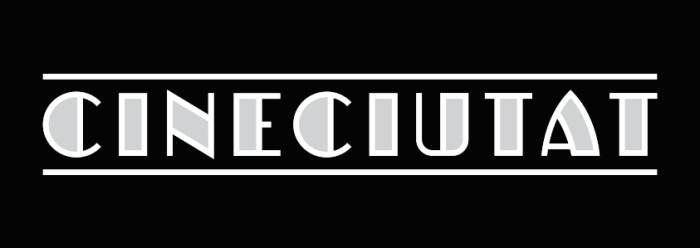Benin, witch children and slave children . A turn of the screw against the prejudices and stigmas of black Africa. An intimate look at one of the poorest countries in the world in the bowels of the most forbidden in Africa . Different boys and girls will narrate in the first person how they face their present and future, without losing sight of their past.
Resume
Benin, the main port in Africa from which slave ships departed for more than 300 years, relives this sad reality in the 21st century. Being one of the poorest countries in the world and with an average age of just over 17 years old, the sale of children has become a common practice in the country. It is estimated that about 40,000 boys and girls are sold or “given away” every year. In some cases, these children end up in the hands of mafias and organizations that exploit their labor in the mines and fields of Nigeria, at best. Many of these children are sexually exploited and there is even a large market for trade in organs, used both for illegal transplants and for rituals in the area.
In the same way, some traditions, such as that of the witch children, have a strong impact on the girls and boys of the country. In some areas and guided by a perverse interpretation of tradition, when a baby is born with an anomaly (it comes on its back during childbirth, has teeth at birth, falls to the ground when leaving or multiple other reasons) it is considered a witch child . These children who are supposed to carry “bad” spirits, in short, they carry bad luck for the family and the town, they are murdered at birth or hopefully they have to live with the stigma of being responsible for everything bad that happens around them. rest of his life. Normally, if children have managed to survive, they are killed when something serious happens in their environment.
But not everything is that macabre side of some traditions. Beninese youth face great challenges and have been able to improve their life prospects for the coming years. A social fabric and relationships have been generated that see their present and future with another look, without losing sight of their past. It is a generation that is torn between tradition and globalization, between poverty and the difficulty to develop due to lack of resources. This documentary aims to give a voice to the children of Benin , a generation that vindicates itself and looks with great interest at the future and the transformation of the country.
Some situations and characters.
-
The open pit mines. The large mines are one of the places that houses the most child slaves. Cheap labor is a great claim for companies, in many cases transnational, that benefit from these children to extract the minerals. The so-called "flintstones" are children who spend day after day extracting minerals from living rock.
-
The Cotonou market , one of the main cities in the country, is one of the largest in the area. In it, many children are exploited for work, with symbolic wages, sleeping in the streets, unable to attend school and with major health and safety problems. Working from sunrise to sunset, in many cases being bought from their parents, who due to poverty cannot take care of them. One of our protagonists will tell us about his life in this market, we will witness how the social fabric and some organizations manage to help these boys and girls to get out of this reality.
-
In Ouidah , as an example of what happens in many rural areas of the country, some babies are considered as witch children from birth. The fact that they are considered that way is very diverse, like their way of growing up or some "anomalous" sign at birth. Some of them are murdered at birth or mistreated and blamed for all the ills of the community. This practice, although residual, is one of the great challenges that humanitarian organizations and different administrations face. To do this, we will accompany one of these children and her families to learn first-hand their reasons and consequences.
-
Lake Ahemé , one of the largest in the country, is home to local fishermen. We will be able to see how women and girls develop their work and seek to achieve a better position within the community. We will enter the formidable family relationships, with very broad and developed structures, which treat all members as children or siblings.
-
The north of the country is one of the most interesting areas, with large expanses of jungle and a much more rural population than in the south. We will see the unique and deeply rooted traditions of this area, its customs and its way of life. We will also see how many boys and girls try to reach the south, to the big cities with the dream of achieving a better life. This dream is always truncated by reality.
Main features and goals of the crowdfunding campaign
The documentary aims to show one of the multiple realities of Sub-Saharan Africa. From a social perspective, it shows the situation of youth in Benin, as well as the challenges they face. The children themselves will be the protagonists who tell us about their experiences, following in their footsteps in their day-to-day life. From the most terrible cases, how in some cases they face poverty or slavery, to their new hopes and how they struggle to maintain their traditions with a better quality of life. A country that in recent years has achieved high schooling, an improvement in its living conditions and great social and political stability, which now faces the challenges of improving the future prospects of its childhood. A country that has an average age of 17 years, with 5 children per woman and a life expectancy of 61 years, which gives us a clear idea of the situation and the difficulties to develop.
We are aware of the difficulties of implementing such an ambitious project with such a risky theme. That is why we do it. Difficulties are what normally make this type of subject remain silent. In addition to being topics that large production companies tend to see as not very profitable (and it is true, they are not profitable) the added risks of the trip mean that they are almost never carried out.
We have opted to finance the project through Crowdfunding because we believe that social projects must have a previously generated fabric. This fabric is the one that we hope will make the cofinanciers feel participants and the subject to be discussed will have a greater journey. Ultimately, our intention with this documentary is for it to be seen by as many people as possible , we all know that very few social-themed documentaries reach broad spectra of the population. One of the strengths of this project are the people involved in it. We are all clear about the need to record this issue and we have the absolute conviction that the documentary must be released so that everyone has access to it.
Why this is important
Our main motivation is to make known the reality of childhood in Benin . Being able to graphically document what is happening and that the general public can become aware of and know the present and future of these girls and boys. We are moved by the fact that the situation in Africa is completely silenced, we hardly know anything beyond a very negative vision derived from the cinematographic tradition. The image we have of these countries is completely distorted and we believe it is of great importance to ensure that the people of the country themselves tell us about their day to day life. Also to be able to bring to light some social issues that, on the other hand, are invisible and anachronistic.
This documentary is aimed mainly at those people who are not directly involved in any cause that affects this part of the world. We are aware that this sector of the population is the majority, so we want to obtain an intimate and attractive documentary that manages to awaken in them enough empathy and sensitivity so that they are aware of what Beninese childhood faces. The young public is our priority, since it is they who must begin to create a mentality that manages to eradicate some practices and can focus on these forgotten countries in the "West".

Team and experience
Julio Pérez del Campo
Graduated in Environmental Protection from the University of Ireland in 2004 and in Environmental Sciences from the URJC in 2005. After several years working as a professor at different institutes in Castilla-La Mancha and at UNED, and several courses in direction and direction of photography, decided to specialize with the Master in Documentary and New Formats from the URJC. Since then he has made various documentaries such as Christmask, Self-portrait, La levedad y la Jara, YHWH or La sangre, la tierra (selected at MIFEC). As director of the documentary Galerías, he was the winner of the Best International Documentary Award at the FENACIES National Student Film Festival (Uruguay), winner of the Best Spanish Short Film Award at the Montecatini International Short Film Festival (Italy) and selected at various international festivals such as the FICVI , VOFF, FCIP, MACS and some more. Later he made two micro-films with his partner Carles Bover: Camino and Lezione di italiano. The latter was part of the official section of the 2015 European Audiovisual Creation Contest. He has directed and produced, together with Carles Bover, his first documentary feature film, about the situation in Gaza after the Israeli bombing in the summer of 2014, entitled Gas The Arabs and the short film Gaza, winner of the Goya award for best documentary short film 2019 . He is currently in the final post-production phase of the documentary Plastisfera, on the flows and impact of microplastics around the world.
Carles Bover
Born in Palma in September 1991, he has a degree in Audiovisual Communication and is specialized with a Master in Documentary and Trained Walnuts and in Audiovisual Distribution and Marketing. In 2014, he made his first social report on the educational inclusion of people with cerebral palsy, entitled ‘Inclusió amb data de caducitat’, which was the winner of the 5th Alberta Giménez Journalism Award as the best audiovisual social report.
In 2015, Carles Bover began with his first documentary short film, ‘Listen to my gaze,’ as a producer, director and scriptwriter of his own project. The short film won the award for Best Green Shooting Short Film in the PalmaActiva competition and the Palma City Council. In addition, he was selected in other film festivals such as the Abycine International Film Festival or the Art Jove Short Film Competition 2016. This same year, he was chosen as a Jury representing Spain in the Venice Days selection of the Venice Film Festival organized by Europe Cinemas, Lux Film Prize and the European Parliament.
In 2017 he co-produced and co-directed with Julio Pérez his first documentary feature film ‘Gas the Arabs’ (2018), for which he has written the original script, about the situation in the Gaza Strip after the last bombing by the Israeli army. The feature film premiered in cinemas and cultural circuits on April 20, 2018 and has been broadcast in several countries through channels such as TeleSur, Al Jazeera or Hispan TV. In addition, he has produced, written and directed with Julio Pérez his latest short film entitled ‘GAZA’ (2017), which has been the winner of several awards, including the Goya 2019 award for Best Documentary Short Film . As well as it has also been selected in more than thirty-five festivals and has been screened more than a hundred times, both nationally and internationally.
Currently, he has produced and directed his first solo documentary feature entitled ‘Creative Destruction of a city’. The documentary deals with the expulsion suffered in cities as a result of gentrification processes and touristification as a backdrop and is now available at [Filmin] (https://www.filmin.es/pelicula/destruccio-creativa -duna-ciutat? origin = searcher & origin-type = primary).
Rafael del Olmo
Telecommunications engineer, sound designer, music composer and founder of Woofer8 - Audio Services. He began to study piano when he was 4 years old, he switched to violin at 8 and finally ended up on guitar at 14. He has recorded studio albums, worked as a live musician on his own projects and for other artists such as Mónica Naranjo; as an audio artist in video games of the Star Wars: Battlefront, Mass Effect, Battlefield or FIFA sagas; and composed music for documentaries, escape games and videogames.
Cecilia Sánchez Benz
Founding partner of El Retorno Producciones , from which they have carried out the production of different works in the field of television, documentary and advertising, among which the short film Gaza stands out, with which in 2019 they win the Goya for Best Documentary Short Film, directed by Julio Pérez and Carles Bover.
Additional questions:
Our intention is to hire people on the ground to help us develop both the technical and logistical work. We believe it is very important to find people from the country so that in a certain way












